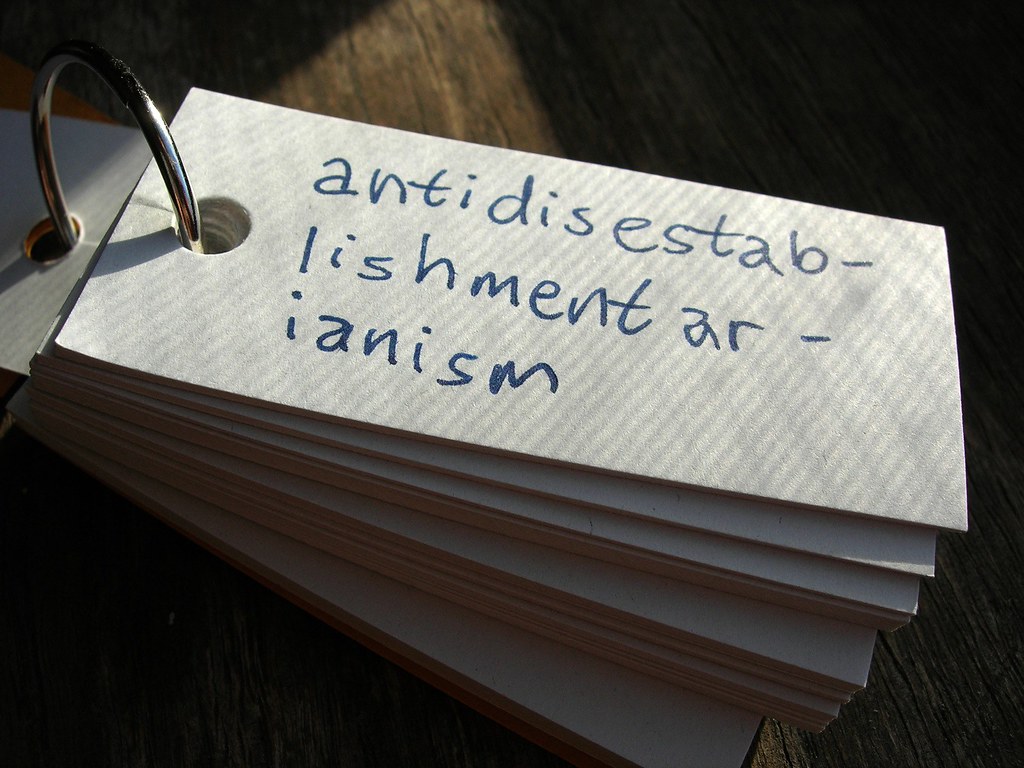
Ever found yourself staring at a word, wondering if it’s actually a sentence disguised as a single linguistic entity? You’re definitely not alone! From scientific terms that could fill a page to whimsical coinages that dance off the tongue (eventually), the English language is packed with words that stretch the very definition of ‘long.’ It’s a fascinating dive into how language evolves, how specialists communicate, and sometimes, how people just love to make things a little more challenging—or, dare we say, supercalifragilisticexpialidocious!
Our journey into the realm of truly massive words isn’t just about memorizing endless letter strings. It’s about uncovering the incredible stories behind them: who invented them, why they exist, and what they really mean. We’ll explore words that are literally chemical compositions, terms born from ancient Greek comedy, and even some that are part of our everyday vocabulary, even if we rarely, if ever, encounter their full, glorious length.
So, get ready to expand your lexicon and impress your friends at your next trivia night! We’re breaking down some of the most jaw-droppingly long words in English, making them accessible and (dare we say it?) fun. Let’s unravel the mysteries of these linguistic leviathans, one fascinating segment at a time.

1. **Methionylthreonylthreonylglutaminylalanyl…isoleucine**This isn’t just a word; it’s practically a novel! Clocking in at an astounding 189,819 letters, this behemoth represents the chemical composition of titin, which is known as the largest protein in the human body. Just imagine trying to spell that out in a spelling bee! It’s a testament to the incredible complexity of biology and the precise, systematic way scientists name the building blocks of life.
Attempts to pronounce the entire word have reportedly taken anywhere from two to three and a half hours, making it less of a spoken word and more of an endurance challenge. It’s certainly the longest known word overall by magnitudes, far outstripping anything you’d find in a standard dictionary or even a specialized technical glossary. This makes you wonder about the practicalities of such a name, doesn’t it?
However, its status as a ‘word’ in the conventional sense is often disputed. Because it’s a technical chemical nomenclature and not something you’d utter in conversation or write in a non-scientific text, it doesn’t typically appear in major dictionaries. Still, understanding its ‘essential word parts’ — which are the amino acid residues like methionine, threonine, glutamine, alanine, and isoleucine — gives you a glimpse into the intricate world of protein chemistry.

2. **Pneumonoultramicroscopicsilicovolcanoconiosis**Now, here’s a word that truly feels like a mouthful, and it’s recognized as the longest word in a major English language dictionary! With 45 letters, this formidable term refers to a lung disease contracted from inhaling very fine silica particles, specifically those from a volcano. Medically, it’s synonymous with silicosis, a severe respiratory condition that affects countless individuals working in environments with airborne particulate matter.
What’s particularly fascinating about *pneumonoultramicroscopicsilicovolcanoconiosis* is that it was deliberately coined around 1935 with the intention of being the longest word in English. It gained some legitimacy through press reports on puzzle league members, and eventually found its way into dictionaries like the Oxford English Dictionary. While its origins are somewhat contrived, its usage in a close approximation of its intended meaning has given it a degree of validity.
For anyone in an academic, scientific, or medical environment, breaking down this word can be incredibly helpful. You’ll find essential parts like *Pneumo-* (relating to the lung), *microscopic-* (indicating something small), *coni-* (referring to particles), and the suffix *-osis* (which frequently denotes a disease or abnormal condition). Understanding these components allows you to grasp the meaning of the word much more easily, even if saying it five times fast remains a challenge!

3. **Lopadotemachoselachogaleokranioleipsano…pterygon**Imagine ordering a dish and having to recite its 183-letter name! That’s precisely what the ancient Greek comedic playwright Aristophanes conjured in his play *Assemblywomen* (Ecclesiazousae). This spectacularly long word describes a fictional dish by simply stringing together a list of its ingredients, creating what is widely considered the longest word ever to appear in literature.
This culinary linguistic masterpiece is a prime example of a ‘contrived nonce word,’ meaning it was created for a specific occasion or purpose and isn’t typically found in dictionaries for general use. It’s an ancient Greek transliteration, a fascinating relic that showcases the playful and creative side of language, even from thousands of years ago. Aristophanes certainly knew how to make an impression!
The word is a humorous aggregation of various fish, fowl, and other food items, painting a vivid (and perhaps overwhelming) picture of an elaborate feast. It highlights how different languages, particularly agglutinative ones, can form incredibly long words by combining many smaller elements. While you won’t be ordering this at your local restaurant, it remains a celebrated piece of literary history.

4. **Supercalifragilisticexpialidocious**Ah, now this one might just bring a smile to your face! At 34 letters, *supercalifragilisticexpialidocious* is a made-up word that soared to global fame thanks to the classic 1964 film *Mary Poppins*. It’s generally understood as a positive adjective meaning “especially wonderful,” or, as the film suggests, it’s “a word that you say when you don’t know what to say.”
While undoubtedly a coinage, this word has permeated popular culture to such an extent that it does appear in several dictionaries. However, it’s typically listed as a proper noun, defined in reference to the song title rather than a standard adjective you’d use every day. The brilliant idea and invention of this catchy, tongue-twisting term are credited to the talented songwriters Robert and Richard Sherman.
Beyond its whimsical nature, *supercalifragilisticexpialidocious* showcases how modern media can create linguistic phenomena. It’s a fantastic example of a word that, despite its length and fictional origin, has become a widely recognized cultural touchstone. Plus, it gives us a fun essential word part: *Cali-*, which often relates to beauty, adding a subtle layer of meaning to its ‘wonderful’ definition.

5. **Pseudopseudohypoparathyroidism**This 30-letter medical term sounds incredibly intimidating, but it holds the impressive title of being the longest non-contrived word found in a major dictionary, such as the Oxford English Dictionary. It refers to a rare inherited endocrine disorder that primarily manifests as abnormal bone growth. It’s a genuine condition with a genuinely complex name, highlighting the precision required in the medical field.
Breaking down *pseudopseudohypoparathyroidism* helps demystify its length. The prefix *Pseudo-* appears twice, meaning ‘false’ or ‘spurious.’ Then we have *hypo-* (meaning ‘below’ or ‘under’), followed by *parathyroid-* (referring to the small glands in our body that regulate calcium), and finally, the suffix *-ism* (indicating a condition or belief). This layered construction clearly communicates the nature of the disorder: a condition that falsely mimics another false parathyroid disorder.
The existence of such a long, non-coined word in a general dictionary underscores the intricate vocabulary needed to describe specific scientific and medical conditions. It’s not a word you’ll casually drop into conversation, but it’s vital for those working in genetics and endocrinology, providing a precise label for a very specific medical reality.

6. **Antidisestablishmentarianism**Here’s a classic long word that many people have heard of, and it’s a true champion at 28 letters. *Antidisestablishmentarianism* represents a political position: specifically, the opposition to the disestablishment of the Church of England. This movement gained prominence in England during the 1800s, where its supporters campaigned against plans to separate the church from the state, thereby preserving the Church’s official status.
What makes this word particularly interesting is its status as the longest non-contrived and nontechnical word in English. While its political context might be historical, the word itself illustrates the power of prefixes and suffixes to build complex meanings. However, it’s worth noting that not all major dictionaries accept it; for example, Merriam-Webster’s Collegiate Dictionary does not include it, citing a lack of widespread, sustained usage in its original meaning.
Despite dictionary debates, understanding its components is straightforward. We see *anti-* (against), *dis-* (opposite of), *establishment* (the official church), and then the suffixes *-arian* (indicating someone engaged in or supporting a particular system) and *-ism* (denoting a belief or doctrine). It’s a linguistic puzzle piece that perfectly captures a significant historical debate.




